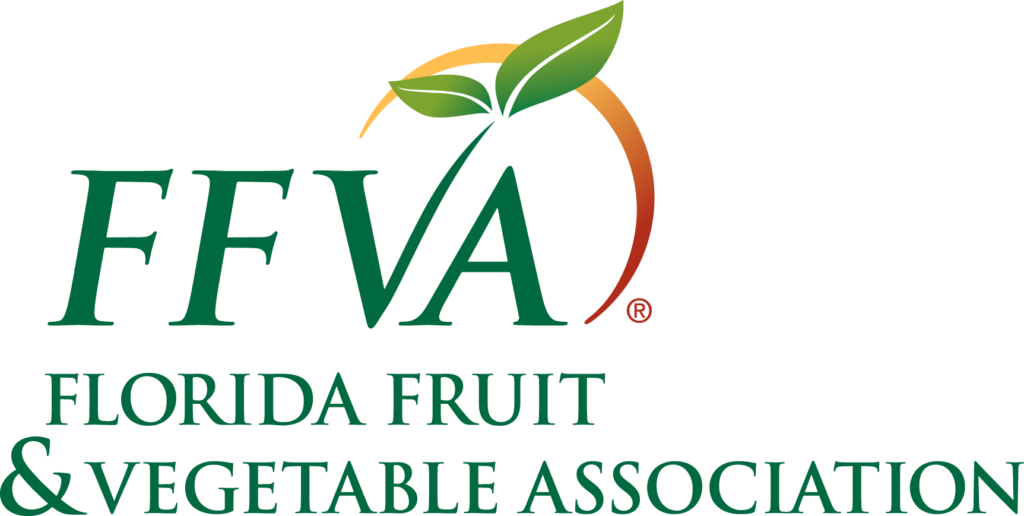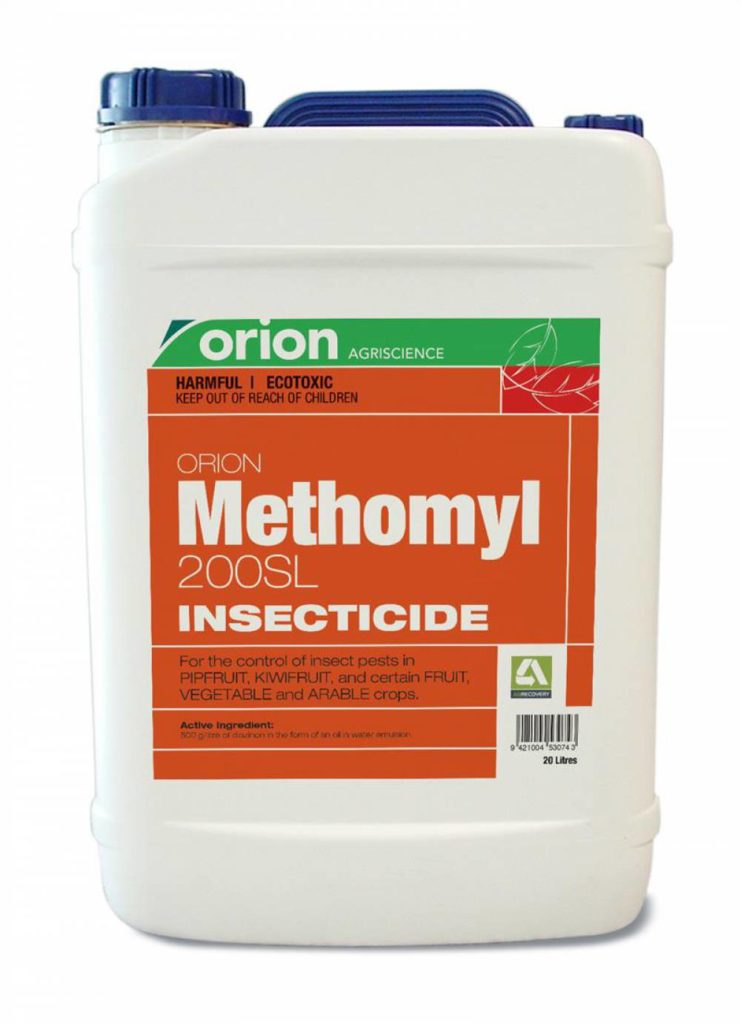The Florida Fruit and Vegetable Association (FFVA) submitted comments to the U.S. Environmental Protection Agency (EPA) last week in response to the agency’s proposed interim registration review decision for the insecticide methomyl.

Vegetable and blueberry producers rely on the low-coast, broad-spectrum, long-lasting insect management benefits that the insecticide provides. The FFVA emphasized in the letter that any move to limit or restrict methomyl’s availability would disrupt growers’ ability to produce their crops effectively and lead to losses in operating revenues.

“FFVA is an agricultural organization whose grower-shipper membership represents the vast majority of fruit, vegetable and other specialty crop production in Florida. The ability of Florida’s growers to produce perishable specialty crops during the winter months of the year is foundational to America’s food security and self-reliance,” the letter read. “In fact, Florida ranks at the top in U.S. production, acreage and total value of crops such as fresh market bell peppers, sweet corn, celery, broccoli, cabbage, carrots, green beans, cucurbit crops and blueberries, for which methomyl’s use in the currently existing manner is sought/desired.
“We are grateful to the agency for the opportunity to provide comments on these PID revisions and to share how this proposed decision will affect Florida fruit/vegetable growers’ ability to meet the nutritional wellbeing and specialty crop supply needs of our nation.”
The EPA is proposing measures to reduce runoff and drift of the insecticide methomyl to protect endangered species. It accepted public comments on the proposed decision until Dec. 5.
According to the FFVA letter, methomyl is effective in managing destructive pest species like fall/beet/yellowstriped armyworms, Diamondback moths, cutworms, cabbageworms, melonworms, pickleworms, pinworms, tuberworms, loopers, borers, earworms, leafhoppers, aphids, stink bugs and blueberry maggots.
“Any loss of methomyl may substantially complicate resistance management and increase resistance pressure against likely alternatives,” the letter added. “The unavailability of methomyl would complicate insecticide resistance management because growers will have one less efficacious mode of action to use in rotation with other chemistries.
Click here to read the full letter.
FFVA members who have questions are encouraged to contact FFVA VP of Science and Regulatory Affairs Mike Aerts.









